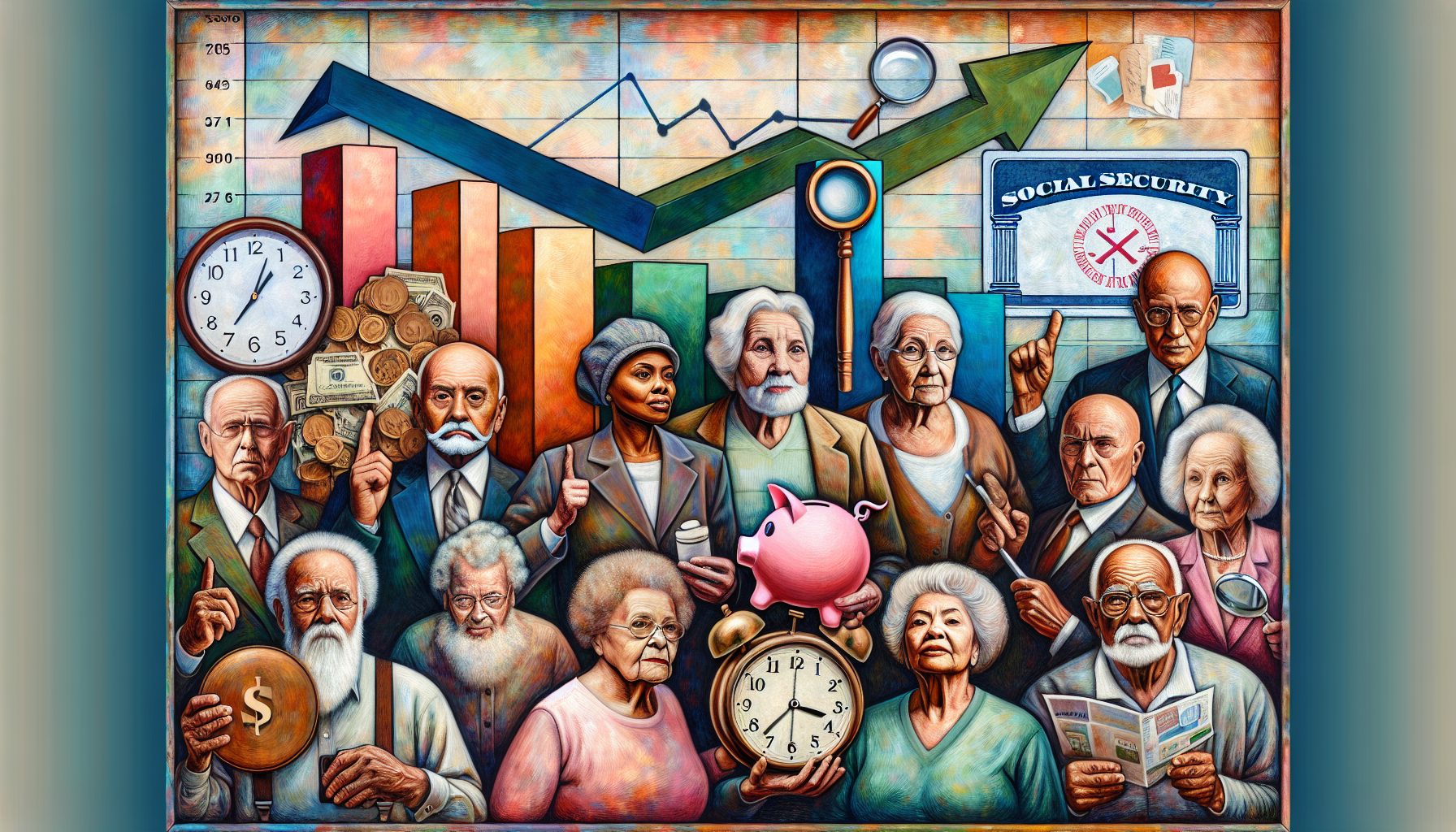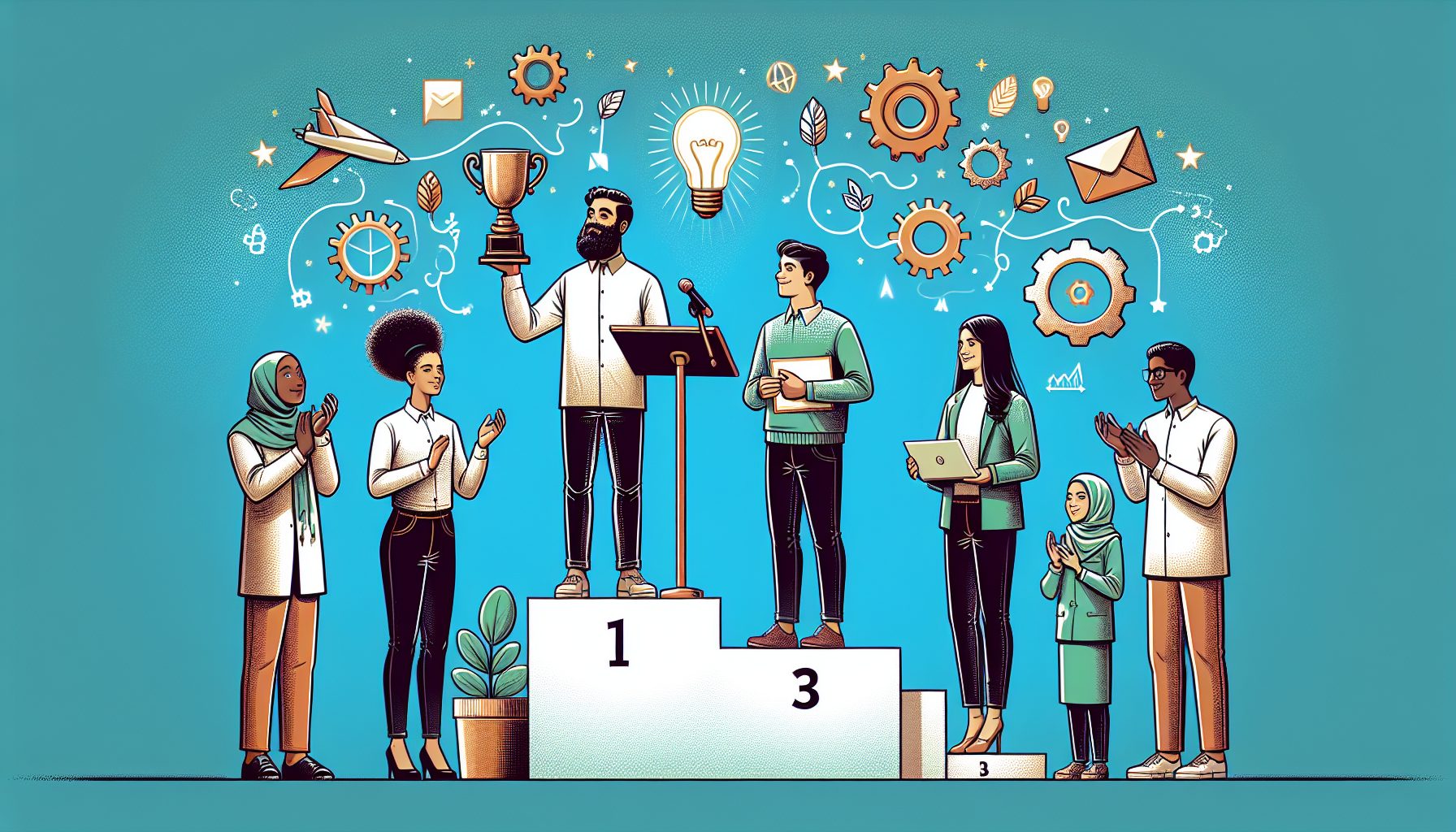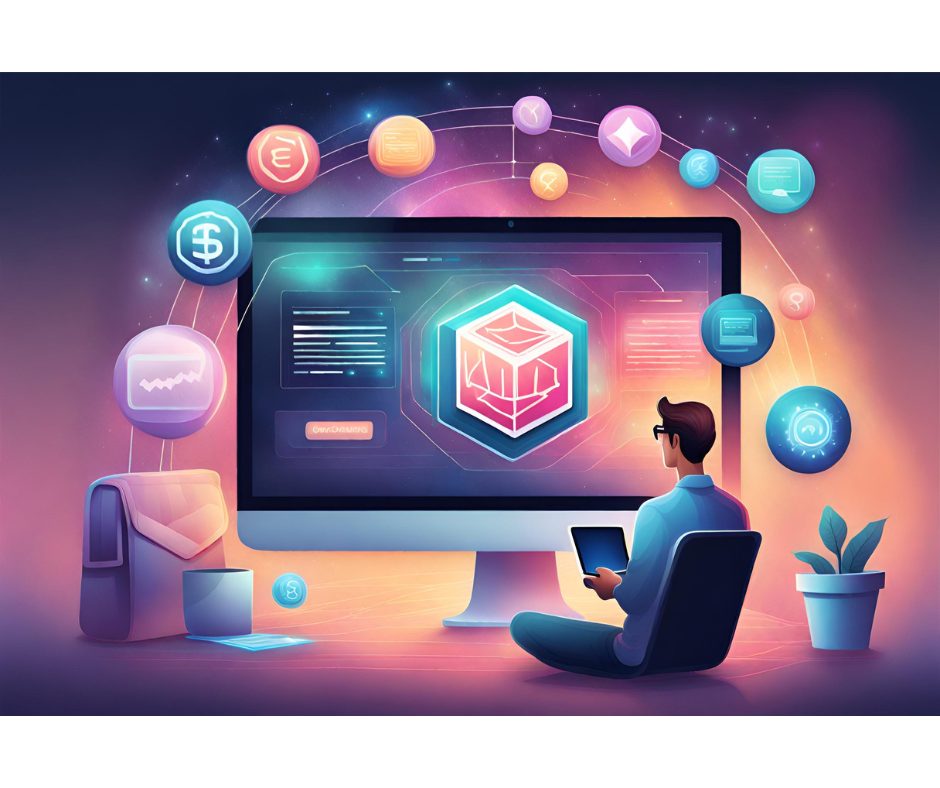By Mohan Nair
It’s been a grueling five years. On the global stage we’ve seen bailouts, rampant unemployment, sluggish consumer confidence, declining home values and rising prices. For those lucky enough to be still employed, all this doom and gloom has manifested itself as insecurity, fear, stress and overwork. We may be technically in recovery, but at this point, employees are over it. They’ve been “harassed into productivity” for so long that they’re either actively seeking new jobs or running on autopilot and hoping things will change.
And let’s be honest: As a leader, you’re as burned out as they are. You know in your heart that the only way you’ll ever make it in the global economy is to get people engaged, motivated and passionate about their work. But trying to do that with your worn-down spirit and blunt leadership toolkit is a bit like fueling a rocket ship with tepid bath water.
How do you break the self-destructive cycle and change the unhealthy employer-employee dynamic that is crippling everyone? Quite simply, you start by transforming yourself, using these tactics:
Realize that you, personally, have to change. Business transformation begins with personal transformation. Recycling your usual skills only recycles your past. Only by recharging your leadership mojo—getting back to your basic beliefs and rediscovering your passion in light of a new reality—can you transform yourself and your company.
Find your competency. To be a great leader, you need to know what you’re great at. This is the skill set around which you will package yourself inside your organization. Think competence, not capacity. Being capable of performing is not enough. Finding your competency is more about the recipe than the ingredients.
Translate that competency into value. Ask yourself: How can I put my competency to work inside my organization? How can I use it to provide value differently to a transformed world? Great leaders can put value into any object. Once you figure out how to provide value to your organization, your organization will be able to share that value with its customers.
Create a solid platform for work. The skeleton of your platform was constructed a long time ago. It is made up of your skills, your experience, the knowledge that defines you. But are there missing planks? Knowing what you want to do, where are the holes that will hinder your ability to execute? To innovate? Figure out how to fill in the holes with new skills, new experiences, new knowledge. Do this now. Make it a priority.
Awaken your cause. Find the one thing inside your company that you feel passionate about. (If you can’t find a cause, you may as well forget about being a leader!) Maybe it’s customer service. Maybe it’s mentoring. Maybe it’s product innovation. Whatever your cause may be, make it your mantra. Let it drive everything you do. Mojo begins and ends with your realized purpose.
Commit to servant leadership. Gandhi was not capable of being a good lawyer. In fact, he was laughed out of his first case. Eventually, he realized he was at his best when he was serving others. It was his power source. It can be yours, too. Being successful in business today means bringing back your leadership mojo in a different way—not based on ego but in service to a higher order.
Find and leverage momentum. What is momentum? I describe it as the force of an idea and the acceleration you give to take hold of a market. The iPhone represents momentum: It’s something people needed and wanted without realizing they needed and wanted it. Companies that don’t understand it will miss the drivers that indicate where momentum is going. Those that do will get there first with products designed to be hot sellers.
We live in exciting times. What a wonderful privilege to live and work in an age where the marketplace rewards the best of humanity—our desire to create, to innovate, to take risks and fly without a net, to serve the needs of others! We leaders have the opportunity to make a living by realizing our higher selves and bringing out the higher selves of those around us. We must not squander that gift.
Mohan Nair, author of Strategic Business Transformation: The 7 Deadly Sins to Overcome, is chief innovation officer at Regence, a health plan in Oregon, Idaho, Utah and Washington state. He is also an adjunct professor of business with the Kellogg School of Management.









